Low level of communication with embassies
Most countries that have recognized Kosovo's secession do not have full communication with the Serbian officials.
Sunday, 09.03.2008.
11:23

Most countries that have recognized Kosovo's secession do not have full communication with the Serbian officials. The U.S. ambassador has not been able to speak to a single Serbian official since his country decided to recognize the province's unilateral declaration of independence. Low level of communication with embassies "At the moment, as you know, we are not allowed to meet with the government's high officials, and this goes for the ambassador as well. We regret this decision because we believe it is particularly important to, in such situations when tensions are high, keep the communications channels open. We believe this is a mistake," the embassy's spokeswoman said. The same status is given to the Slovenian diplomats in Belgrade. But the Slovenian ambassador's deputy, Jadranka Sturm Kocjan, told B92 that she did talk to lower ranking Serbian officials, and that their embassy has "so far not felt the new diplomatic measures". "We hope the diplomatic relations and dialogue will not cease. We wish this on all the levels as before – you know that the stick has two ends and we have already seen in the past what isolation and embargo means, and we don't want to see that repeat", she warned. Some analysts, such as Sonja Liht of the Fund for Political Excellence, say that the degrading of the diplomatic relations with those countries that recognize Kosovo's unilateral declaration, envisaged by the government Action Plan, "can only damage Serbia". She said the moves could "return like a boomerang", and also drew a parallel between the situation today and the 1990s, when Serbia was isolated during the regime of Slobodan Milosevic and a series of wars in the Balkans.
Low level of communication with embassies
"At the moment, as you know, we are not allowed to meet with the government's high officials, and this goes for the ambassador as well. We regret this decision because we believe it is particularly important to, in such situations when tensions are high, keep the communications channels open. We believe this is a mistake," the embassy's spokeswoman said.The same status is given to the Slovenian diplomats in Belgrade.
But the Slovenian ambassador's deputy, Jadranka Šturm Kocjan, told B92 that she did talk to lower ranking Serbian officials, and that their embassy has "so far not felt the new diplomatic measures".
"We hope the diplomatic relations and dialogue will not cease. We wish this on all the levels as before – you know that the stick has two ends and we have already seen in the past what isolation and embargo means, and we don't want to see that repeat", she warned.
Some analysts, such as Sonja Liht of the Fund for Political Excellence, say that the degrading of the diplomatic relations with those countries that recognize Kosovo's unilateral declaration, envisaged by the government Action Plan, "can only damage Serbia".
She said the moves could "return like a boomerang", and also drew a parallel between the situation today and the 1990s, when Serbia was isolated during the regime of Slobodan Milošević and a series of wars in the Balkans.










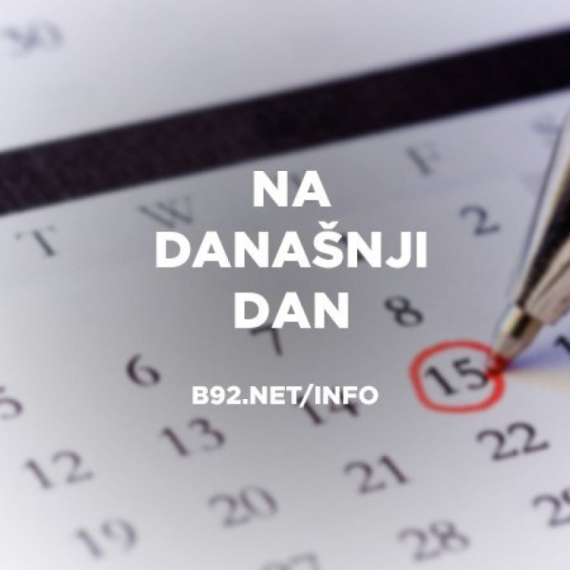



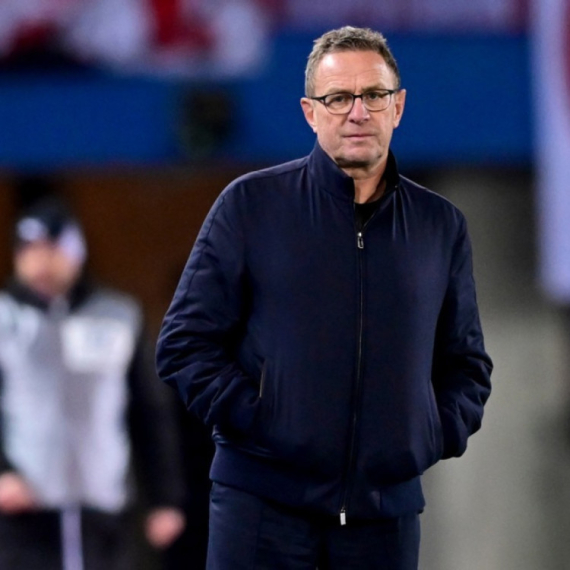
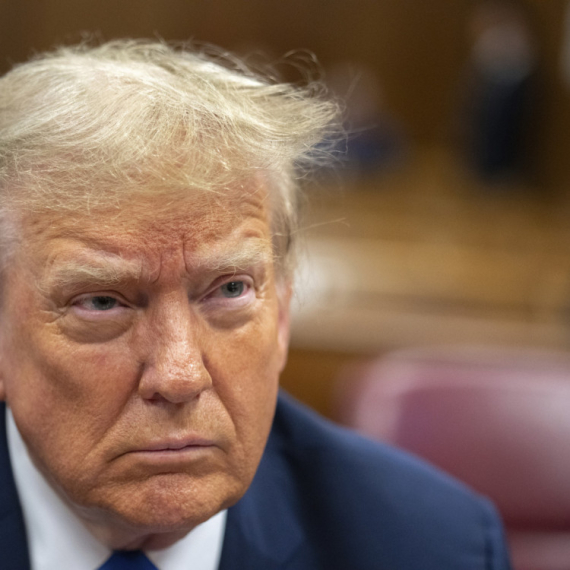
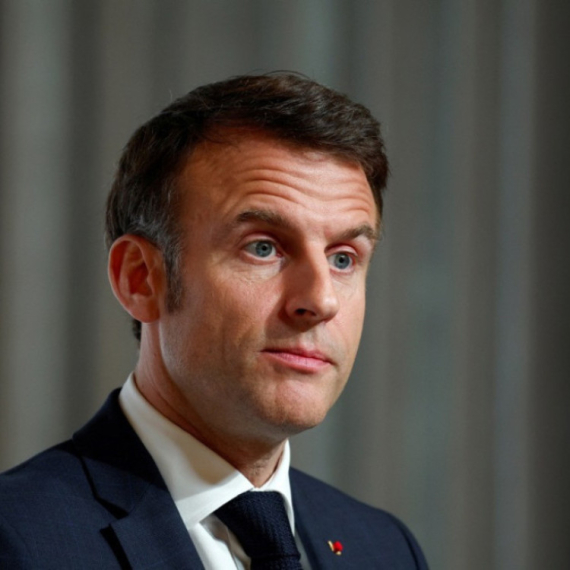

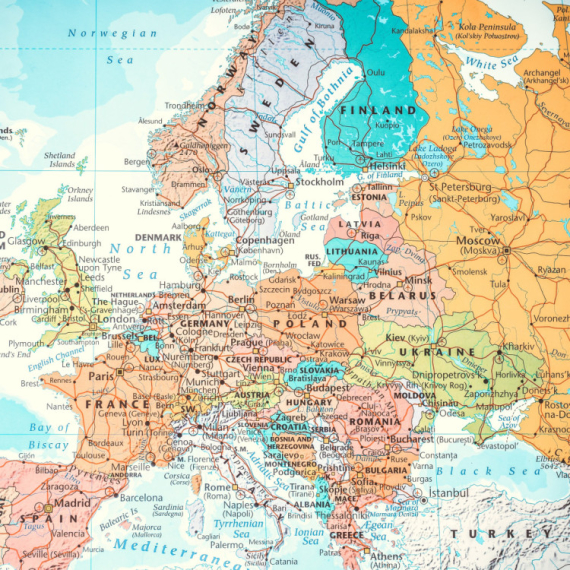







































Komentari 13
Pogledaj komentare